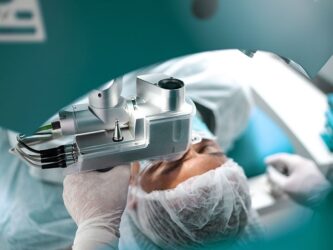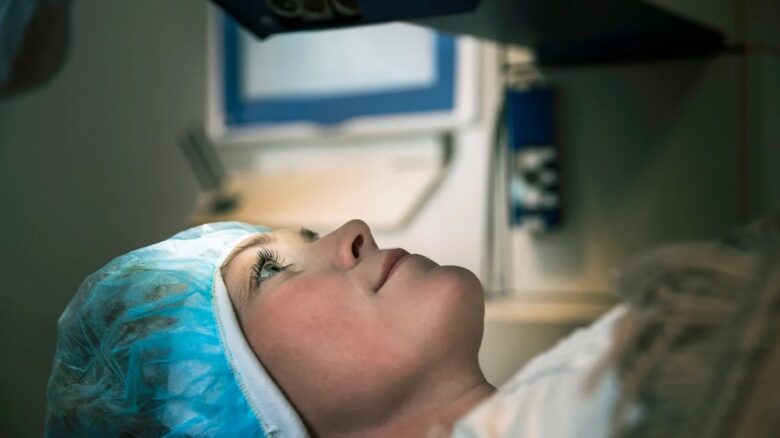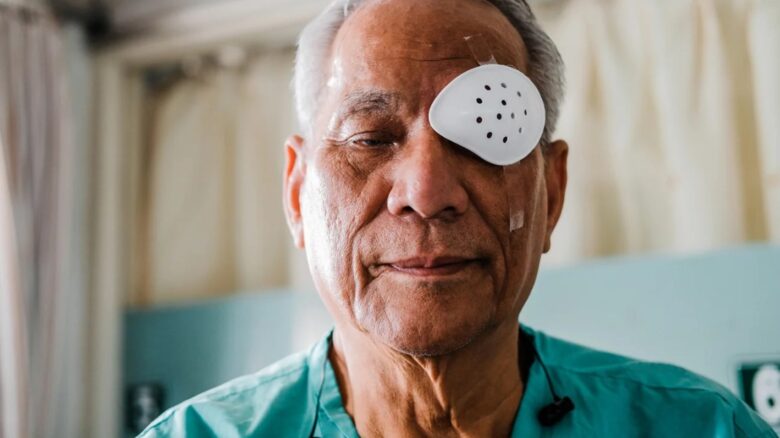
Recovering From Oculoplastic Surgery: What to Expect and How to Care For Yourself
Table of Contents
Oculoplastic surgery refers to a variety of surgeries and procedures done around the eyes by a trained ophthalmologist who has experience with surgeries and other cosmetic procedures. Like most other forms of plastic surgery, it can also be done for both medical as well as cosmetic purposes. Sometimes, doctors other than ophthalmologists, like those specializing in head and neck surgeries, too, engage in oculoplastic surgeries.
Many people who choose to go for an oculoplastic surgery and those who might have to get it done for medical reasons may be a bit confused about the procedure as well as the aftercare that needs to be taken. For people who have never had an oculoplastic surgery done before or those who are nervous about the procedure, it is better to choose a good oculoplastic surgeon in London who can not only professionally do the procedure but also give information about what one can expect from the procedure.
Besides this, the following are certain things that one can expect from such a treatment and ways for one to practice correct aftercare after the surgery is done:
1. How Much Time Will It Take

One of the most important things that one needs to know concerning such a surgery is the amount of time that it will take. It can vary from doctor to doctor and treatment to treatment. More experienced surgeons have a better understanding of how much time it will take for them to get done with the procedure. They are also much quicker and more concise with the surgery that they do. This is why to know the amount of time that it will take, it is best to ask one’s doctor or surgeon.
In general, though, most oculoplastic surgeries allow the patient to go home on the same day of the surgery. And one can safely assume the same in most cases.
2. The Kind Of Anaesthesia Being Used
Procedures like surgery require the patient to get anesthesia so that they do not feel extreme pain while the procedure is going on. Before the surgery begins, it is a good thing to ask the surgeon beforehand about the kind of anesthesia he or she might be administering.
In general, there are two types of anesthesia: local anesthesia and general anesthesia. Local anesthesia numbs the area where the surgery is supposed to happen. Due to this, one does not feel pain in that particular area while procedures like incision and stitching happen.
On the other hand, general anesthesia puts the patient completely into a deep sleep.
This is why if one is going to get such surgery done, it is good to have a family member or a trusted friend with them. They can ensure that even while the patient is under anesthesia, the process is happening in the way that it should and that there is no misuse of power. This will also help in ensuring that they can safely drive the patient home after the procedure is done.
3. What One Should Do Before A Surgery

Another thing that one should expect is to know what kind of things they should or should not do before the treatment. These are usually the directions which are provided by the doctor or the surgeon. It includes directions like stopping the intake of medicines that might lead to thinning of the blood. A list of such medicines may be provided by the surgeon one is getting their surgery done from. Along with this, the surgeon will take certain tests to ensure the well-being of the patient.
Other than that, for quick recovery, the surgeon might also recommend not smoking for about 3 weeks before and after the treatment takes place.
4. What To Expect After A Surgery

Besides the things that one should do before surgery and the things that one should take care of while the surgery happens, there are also certain things that one should know about the expectations they should keep post-surgery. After the treatment, one can have symptoms like bruising and pain in the area where the treatment was done. Besides this, there may also be swelling in the surrounding areas. They may also have symptoms like increased tearing of the eyes or having double vision for a few weeks after the treatment has been done.
5. Aftercare Instructions
There are some instructions that one should take into consideration after the treatment has been done. These are the steps to be followed so that the patient can have a quick and easy recovery and proper healing of the eye. In case the patient experiences bruising or pain, they should use cold packs covered in a towel to reduce such bruising and also any other kind of swelling in that area. One should also ensure that they are not engaging in very strenuous activities for a few weeks after the procedure has been done. These include activities like exercising or lifting heavy weights. One should consult their surgeon before doing any task that can be hard on the body.
Along with this, one should also give up on alcohol and cigarettes, and some other prescribed drugs or medicines that may be prohibited by the surgeon. One should also ensure that they are taking any kind of medicines that may be prescribed by the surgeon for quick healing and pain relief.
Conclusion
In conclusion, oculoplastic surgery can be a helpful solution for those who have medical issues or wish to enhance the area related to and around their eyes cosmetically. It is important to choose a qualified surgeon and be aware of the procedure they follow, the type of anesthesia they use, and the necessary aftercare to be taken. Following the surgeon’s instructions can help in ensuring a smooth recovery with minimal discomfort. By taking care of oneself and following the guidelines provided by the surgeon, one can expect their surgery to be a success.
